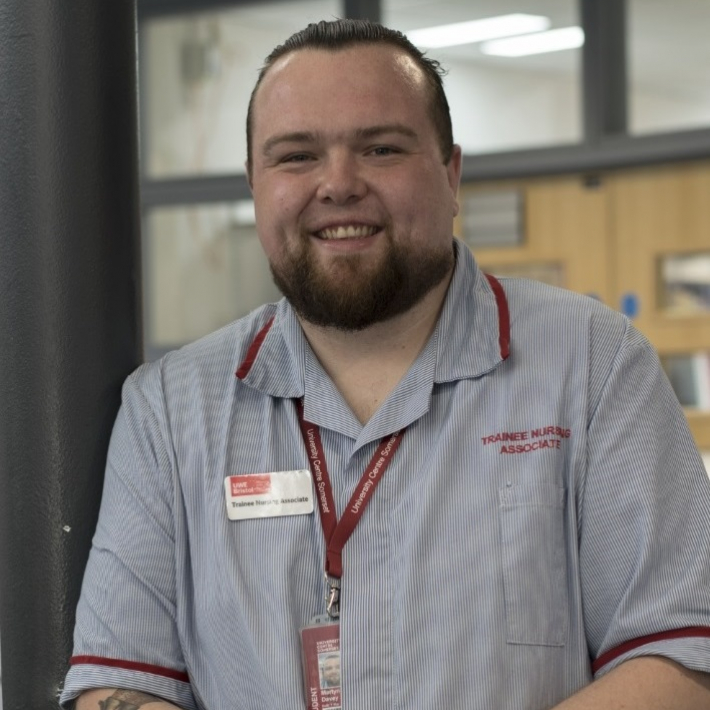"Sometimes, all the patient wants is a cup of tea and a chat. Other times, they may need to talk to me about something that has been causing them emotional pain."
Martyn was one of the first trainee nursing associates in the country and loved both the study and NHS placements. Read on to find out why!

Get started
Sign up for emailsJoin our nursing team
Get practical advice and everything you need to know in your inbox.